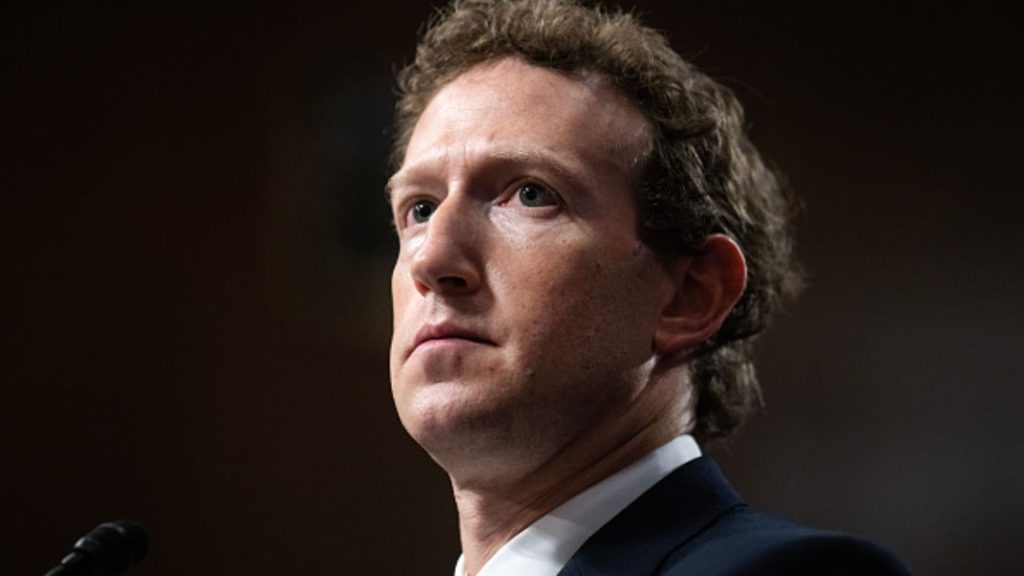The CEO of Meta, Mark Zuckerberg, has accused the Biden administration of pressuring the social media giant to censor Covid-19 related content, including humor and satire. In a letter to the Republican-led House Judiciary Committee, Zuckerberg admitted that there were decisions made in response to government requests that he regrets. While Zuckerberg acknowledges that the ultimate decision to take down content was up to Meta, he believes that the government pressure was wrong. He expressed regret for not speaking out more about the issue at the time.
In response to Zuckerberg’s claims, the White House stated that during the Covid-19 pandemic, the administration encouraged responsible actions to protect public health and safety. The White House emphasized the importance of tech companies taking into account the impact of their actions on the American people while making independent choices regarding the information they present. Zuckerberg mentioned that with hindsight and new information, there were choices made by Meta that the company would not make again. He emphasized the importance of not compromising content standards due to pressure from any administration and being prepared to push back if similar situations arise in the future.
In 2021, Facebook removed more than 20 million posts related to Covid-19 for violating its content rules across its platforms, including Instagram. The Biden administration had criticized social media firms, including Facebook, for allowing misinformation about the Coronavirus to spread on their platforms. This incident has reignited the ongoing debate about the role of social media companies in moderating content and the implications of government pressure on such platforms.
The House Judiciary Committee, chaired by Jim Jordan, has alleged that major tech companies colluded with the government to censor speech. Zuckerberg also discussed his neutrality in the upcoming U.S. presidential election, stating that he had contributed through the Chan Zuckerberg Initiative to electoral infrastructure in the previous election but will not be doing so for the upcoming election. He emphasized his goal of being neutral and not taking sides or appearing to influence the election process in any way.
This situation highlights the complex relationship between social media companies and government entities, particularly regarding the moderation of content and the influence of political pressure. Meta’s response to government requests and the ongoing debate about misinformation on social media platforms raise questions about freedom of speech, censorship, and the responsibilities of tech companies in shaping public discourse. The issue also underscores the importance of transparency, independence, and ethical considerations in decision-making processes related to content moderation and information dissemination on social media platforms.















